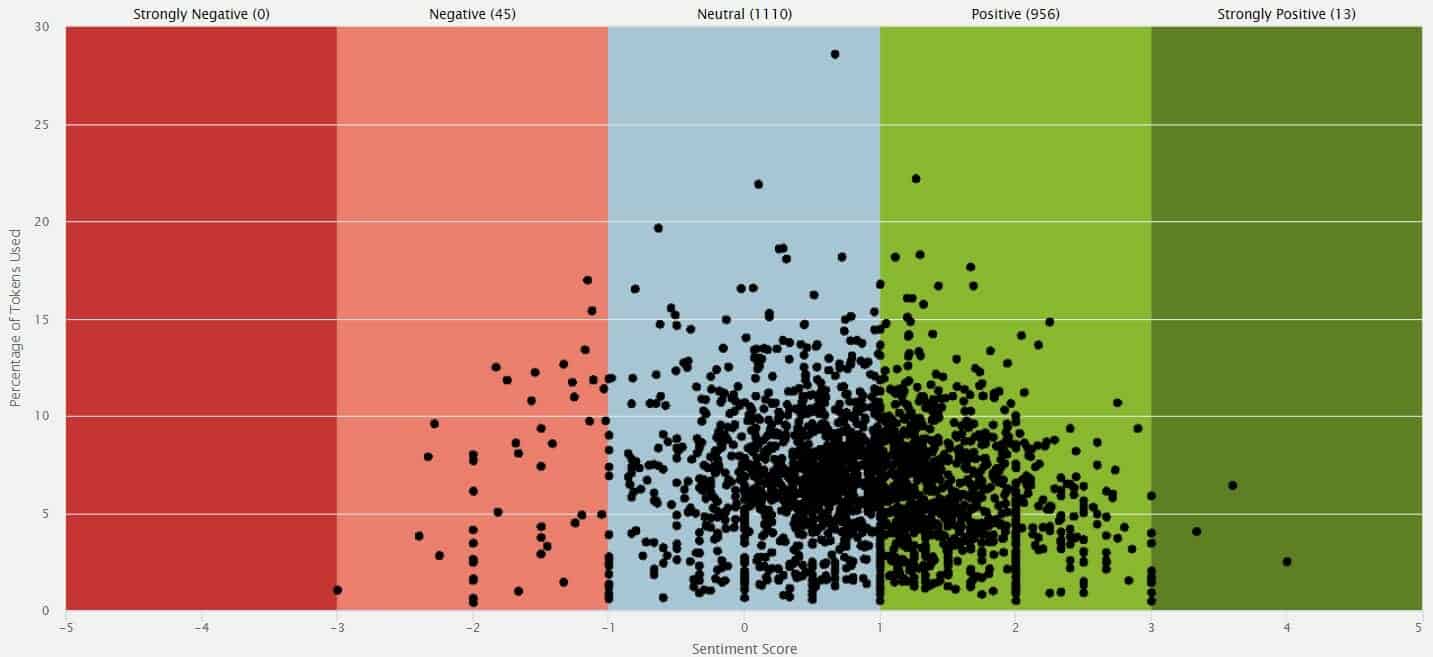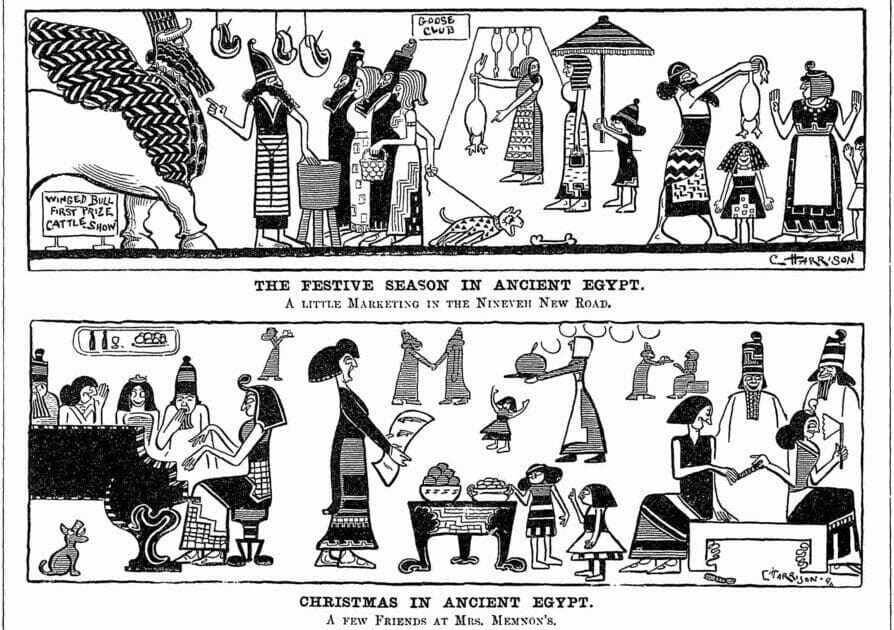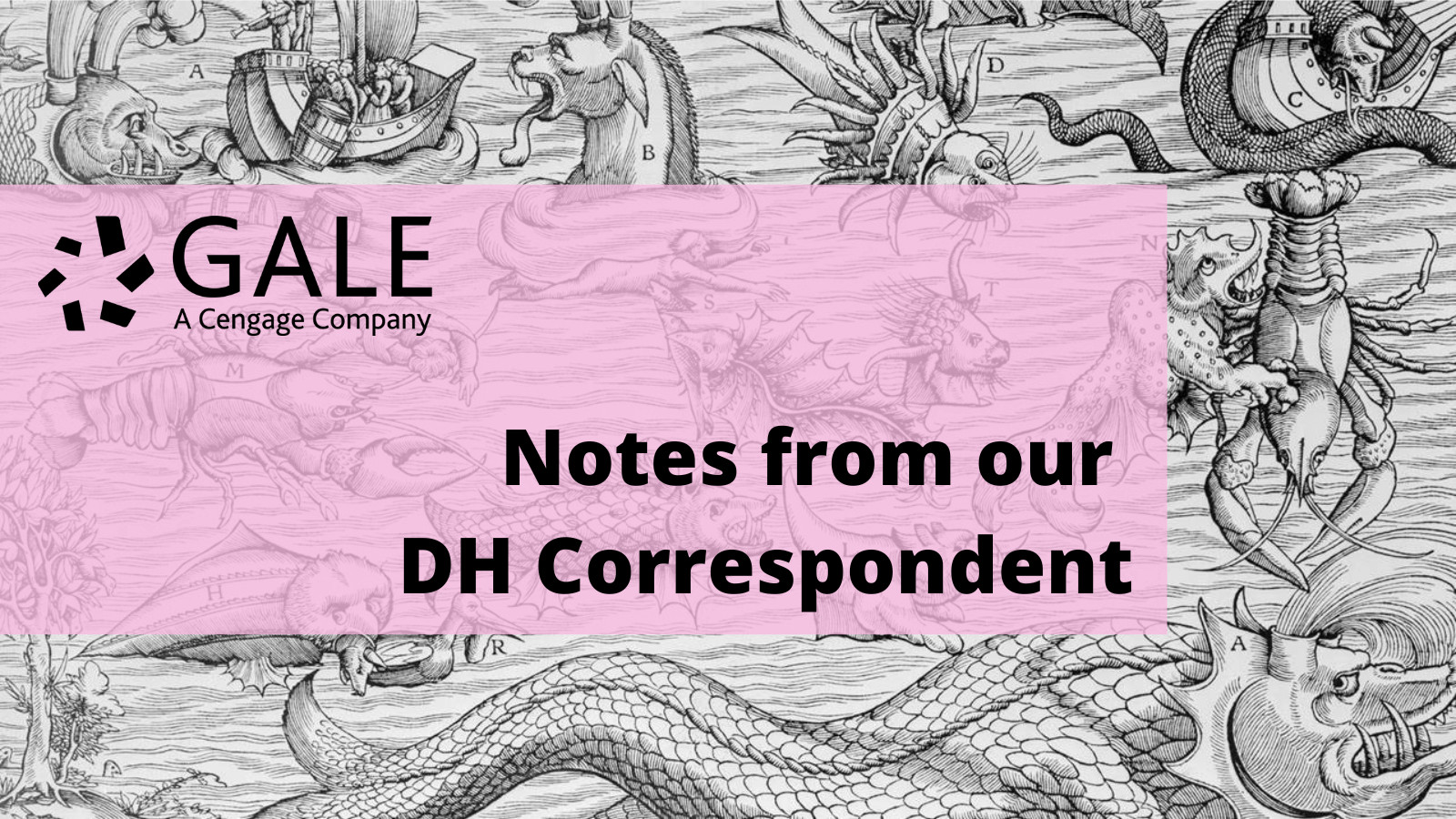│By Tamar Atkinson, Gale Ambassador at the University of Liverpool│
Primary sources can be a great resource for Master’s dissertation research, providing a deeper understanding of history. Whilst they make handy supportive evidence to back up the points you want to make in an assessment, is there a way to take them further? Within Gale Digital Scholar Lab, you can find a whole range of data-mining visualisation tools and other resources that can allow you to bring elements of Digital Humanities methodologies into your research, through an easy, step-by-step process. This can add great insights to any work!



